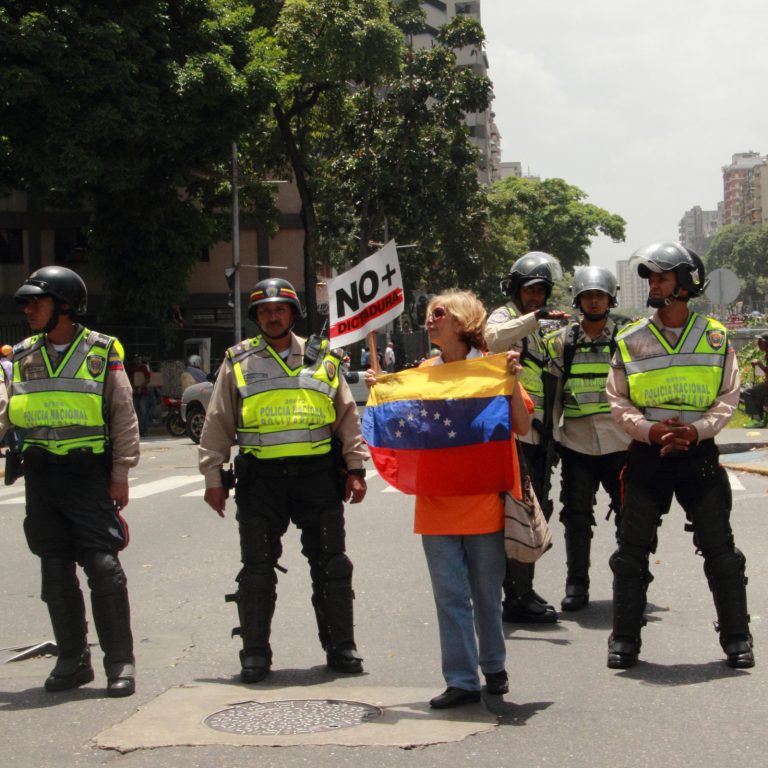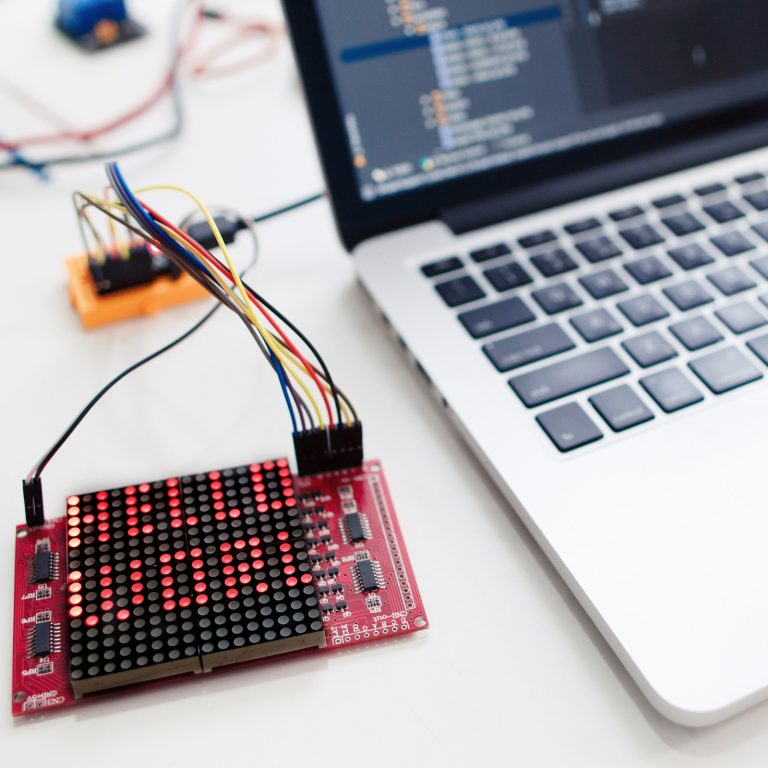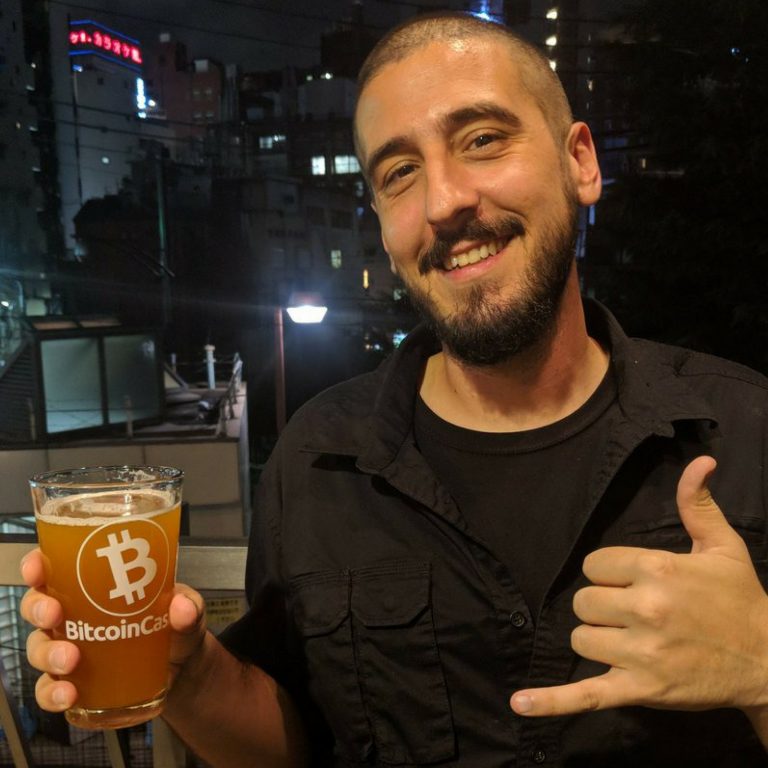2020-7-17 23:57 |
The Human Rights Foundation has partnered with Bitcoin security firm Casa to help activists protect their bitcoin holdings and donations used in the fight against human rights abuses around the world. Casa would offer its multi-signature self custody solution to help the foundation save donations in Bitcoin.
Alex Gladstein, Chief Strategy Officer at Human Rights Foundation, in a release stated that Bitcoin could help the activists raise the necessary funds to help people around the world, especially in these troubled political climates. He said:
“Bitcoin has enormous potential to help activists raise funds to fight human rights abuses in difficult political environments, but storing it in a safe yet accessible way has always been a challenge.”
He added:
“With software like Casa, organizations can keep their Bitcoin secure while maintaining full control, without the risk of losing funds due to a mistake. Activists must control the private keys to their Bitcoin, so they can always get their funds to where it's needed when it's needed.”
Casa Would Offer Educational Resources For Activists to Understand Bitcoin BetterThe partnership between Casa and Human Rights Foundation would see the bitcoin security company offering educational resources to activists and non-profit organizations to help them understand different aspects and potential of Bitcoin, and how they can use it in their fight against human rights abuses.
The partnership would also conduct various workshops where Casa will be offering its insight and expertise in the field of cybersecurity and bitcoin security to help activists protect their funds and use it efficiently.
Casa combines proven technologies with hardware wallets and risk diversification to ensure the safety of one's bitcoin. The partnership between the two firms can also pave the way for future use of bitcoin and other cryptocurrencies for social welfare work. If this partnership turns into a success story, other organizations would even fancy their chances of incorporating bitcoin into their operations.
Nick Neuman, CEO at Casa, commented on how Bitcoin could prove to be a great aid over fiat in the current system and explained:
“Sadly, human rights organizations face unique challenges when it comes to managing their funds, including having their bank accounts frozen, as we saw in 2019 when HSBC froze the account of Hong Kong pro-democracy group Spark Alliance due to political pressure.”
He concluded:
“But Bitcoin changes the game. As long as it is protected within a highly secure self-custody solution, Bitcoin enables activists to receive and spend funds in a way that governments and corporations can't control. Bitcoin also provides significantly more freedom for moving funds around the world and, since it's not subject to the fees and friction of international transfers, more money is available more quickly to fund projects that make a real difference.”
Similar to Notcoin - Blum - Airdrops In 2024
Bitcoin (BTC) на Currencies.ru
|
|

































